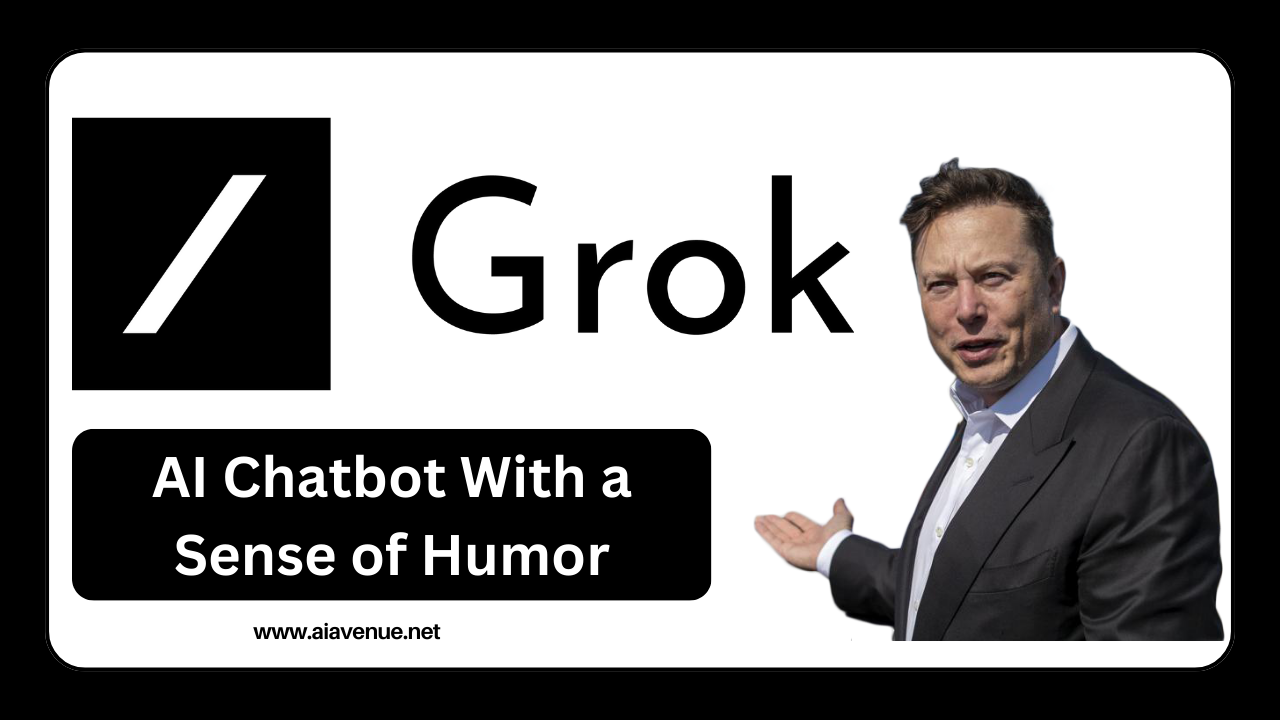Artificial Intelligence (AI) refers to the simulation of human intelligence in machines that are designed to perform tasks that would normally require human intelligence, such as visual perception, speech recognition, decision-making, and language translation.
At its core, AI is a combination of computer science, mathematics, and engineering that enables machines to perform tasks that would normally require human-level intelligence. This can include tasks such as recognizing objects in an image, understanding natural language, making predictions, and solving complex problems.
There are several different approaches to AI, including:
1. Rule-based systems: These systems follow a set of predefined rules to perform tasks, such as decision trees or if-then statements.
2. Machine learning: This is a type of AI that enables systems to learn from data and improve their performance over time without being explicitly programmed.
3. Natural language processing (NLP): This involves using AI to analyze and understand human language, enabling systems to respond to written or spoken requests.
4. Robotics: This involves using AI to control and coordinate the actions of robots, enabling them to perform tasks in a physical environment.
AI has the potential to revolutionize the way we live and work, and it is already being used in a wide range of applications, including self-driving cars, personalized medical diagnosis, and improved customer service. However, it also raises important ethical and social questions, such as the impact of AI on employment, privacy, and the control of autonomous systems.
AI Avenue





